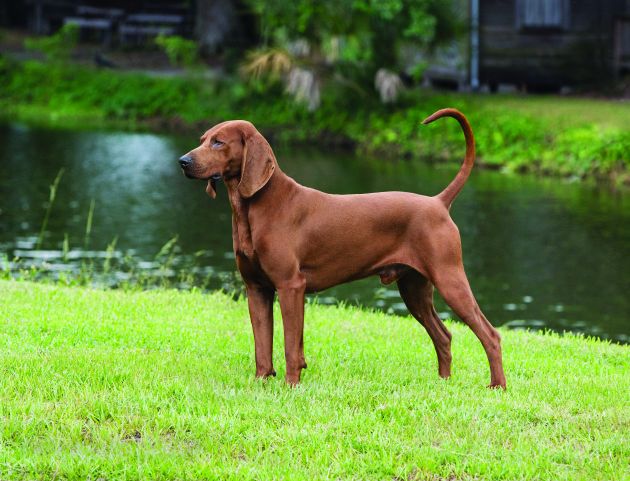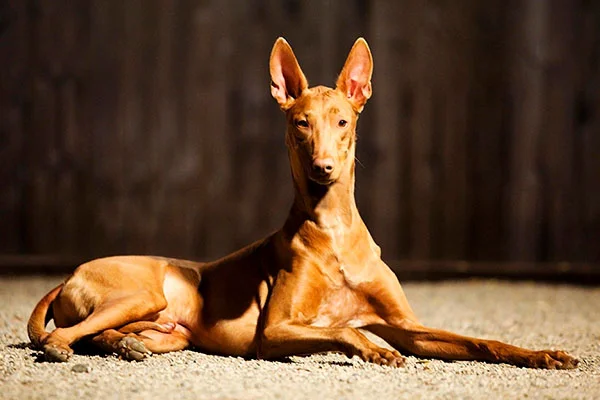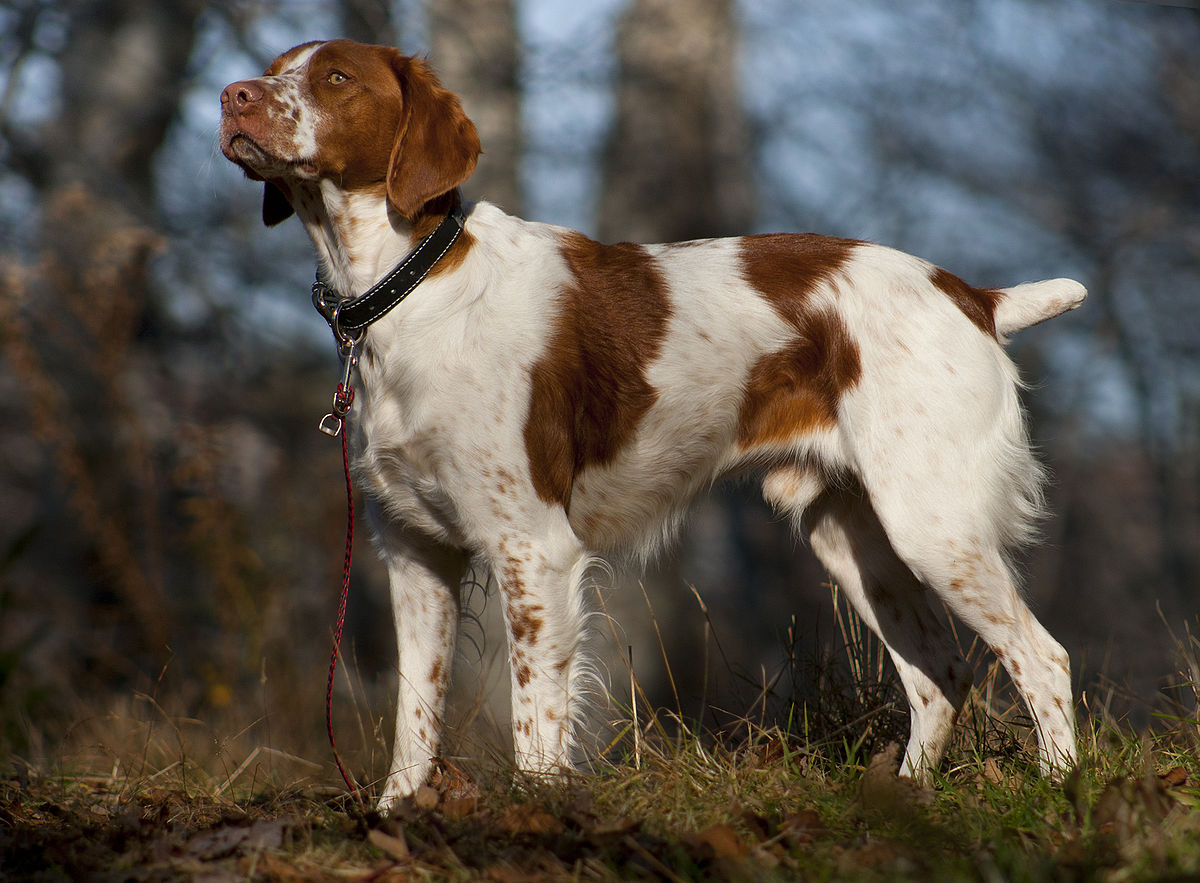Introduction
The German Spitz is a small to medium-sized dog breed that originated in Germany. There are different types of German Spitz, including the Standard, Miniature, and Toy. They are known for their thick, fluffy coat and fox-like appearance. German Spitz are lively, affectionate, and intelligent dogs that make great companions.
German Spitz Temperament
They known for being energetic, lively, and alert. They are also intelligent and independent, which can sometimes make training a challenge. However, with proper socialization and positive reinforcement training, they can be well-behaved and loyal companions. They are known to be good with children and make excellent watchdogs due to their protective nature. Additionally, they are generally friendly with strangers and other animals if socialized properly.
Aggression
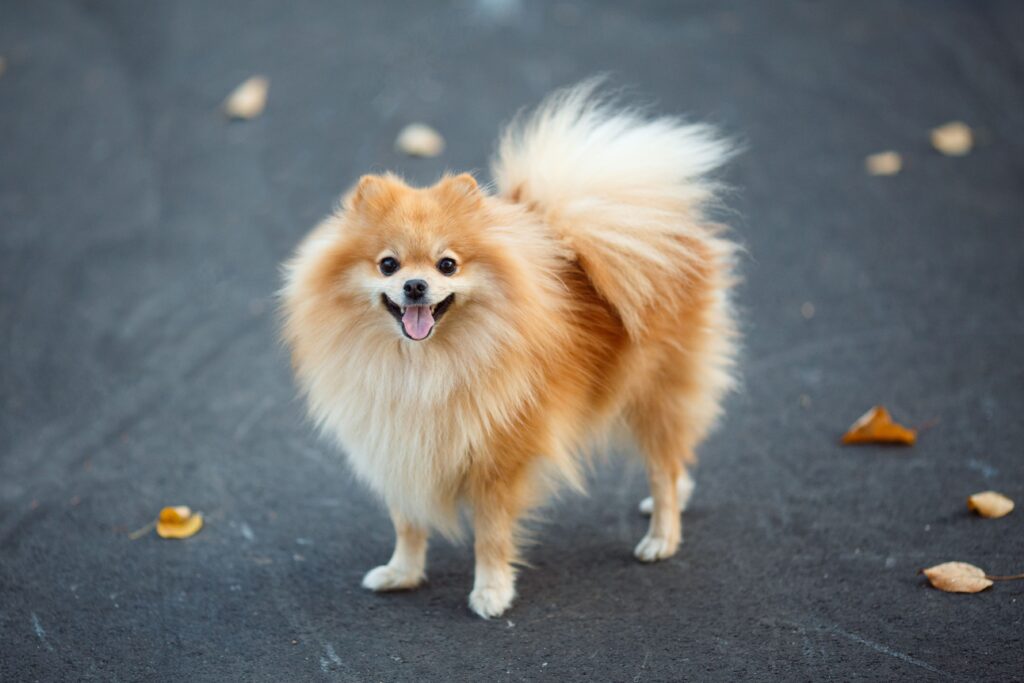
The German Spitz breed is known for its lively and friendly temperament. However, like all breeds, individual dogs can exhibit aggressive behavior in certain situations. Aggressive behavior in them can be caused by various factors, such as fear, territoriality, and protective instincts. Early socialization and training can help prevent and manage aggressive behavior in your dog, as well as providing adequate physical and mental stimulation to avoid boredom and frustration. It is important for owners to be aware of any signs of aggression and seek professional help if necessary.
Health and Lifespan of German Spitz
The reported lifespan range of thisbreed is typically between 12 to 15 years. However, with proper care and nutrition, some dogs have been known to live up to 17 years.
Food
German Spitz is a small dog breed with a high metabolism, which means they require a nutrient-dense diet to maintain their health and energy levels. Feeding them a high-quality dog food that is rich in protein and fat, and free from fillers and artificial additives is recommended. It is also important to choose a food that is appropriate for their age, size, and activity level. Some good options for theminclude dry kibble, wet food, or a combination of both. As always, it is best to consult with a veterinarian to determine the specific nutritional needs of your dog.
Training for German Spitz
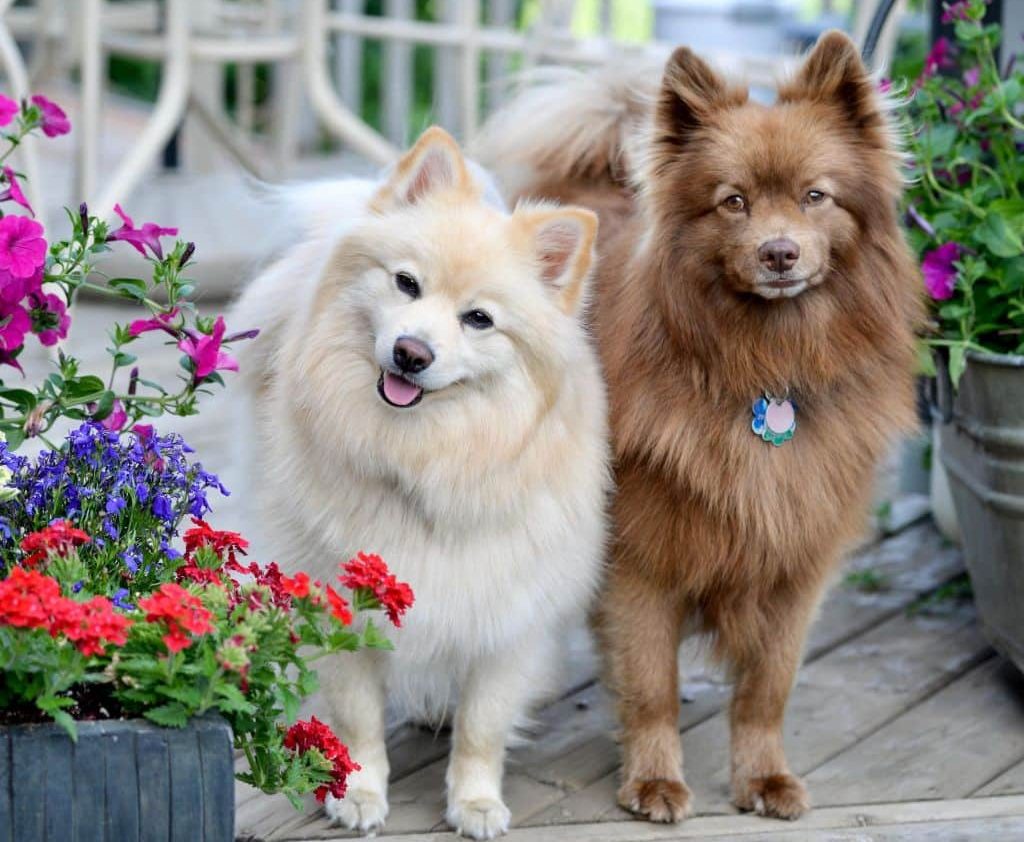
This is an intelligent and trainable breed, but can be independent and strong-willed. Training should be consistent, positive, and firm, with early socialization to ensure good behavior around strangers and other animals. Positive reinforcement techniques such as treats and praise work well with this breed, but harsh or negative training methods should be avoided. Early training and socialization are important to help prevent excessive barking, as they can be vocal if not properly trained. It’s recommended to start training early, be patient, and use positive reinforcement to achieve the best results.
Conclusion
In conclusion, the German Spitz is a playful, loyal, and intelligent breed that requires a balanced and nutritious diet to maintain their health and well-being. Choosing the right food for your German Spitz can help ensure they lead a long and happy life, full of energy and vitality. Consult with your veterinarian to determine the best food options for your specific German Spitz based on their individual needs and lifestyle.


